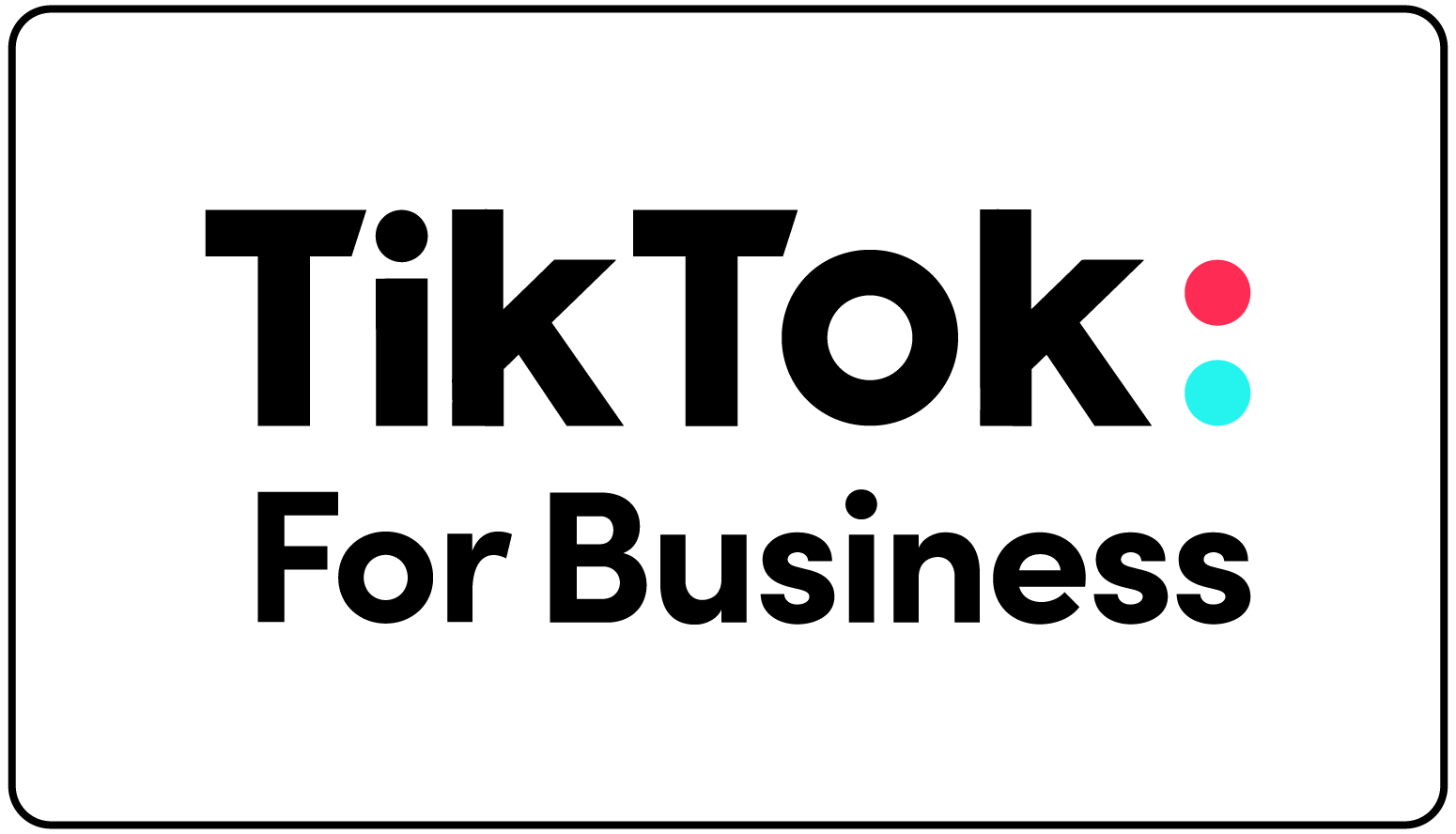Social media platforms have become a popular channel for businesses to advertise their products and services. However, when it comes to the health industry, there are often strict guidelines and restrictions in place that govern what can and cannot be promoted. These restrictions are in place to protect users from misleading or false information and to ensure that any health-related products are safe and effective. As a business or marketer in the health industry, it’s important to be aware of these restrictions to ensure your ads are compliant and to avoid any potential issues. Here’s a guide to help you navigate the world of social media health ad restrictions:
Understanding the Need for Restrictions
- User Protection: The main purpose of these restrictions is to protect users from false or misleading claims about health products and services. The health industry is heavily regulated to ensure that any treatments or products on the market are safe and effective. Social media platforms extend these regulations to their advertising policies to maintain user trust and safety.
- Preventing Misinformation: With the abundance of information available online, social media platforms must ensure that health-related content, especially advertisements, is accurate and scientifically valid. Misinformation can lead to harmful situations, such as the promotion of unsafe treatments or the discouragement of scientifically proven medical practices.
- Ethical Considerations: Health-related advertisements can have a significant impact on individuals’ decisions and behaviors. Social media platforms must consider the ethical implications of allowing certain types of health ads. For example, ads that promote unhealthy body image standards or discourage necessary medical treatments may be restricted.
Common Types of Restricted Content
- Prescription Drugs: Advertising prescription drugs is highly regulated and often prohibited on social media platforms. This includes any medications that require a prescription from a licensed healthcare professional.
- Unproven Treatments: Treatments or cures that are not scientifically proven or widely accepted by the medical community are typically restricted. This includes alternative medicine practices that lack sufficient evidence of safety and effectiveness.
- Dangerous Products: Any products that are known to be harmful to health, such as tobacco, weapons, or certain supplements, are strictly prohibited. This also includes products that make exaggerated or misleading claims about their health benefits.
- Dietary Supplements: While dietary supplements may be allowed, there are strict guidelines surrounding their promotion. Claims must be truthful and not misleading, and they often require additional disclaimers or certifications.
- Weight Loss Products: Ads for weight loss products often face strict scrutiny due to potential health risks and the promotion of unhealthy body image standards. These ads may be restricted or require specific disclaimers and targeting limitations.
Best Practices for Complying with Restrictions
- Review Platform Policies: Familiarize yourself with the advertising policies of each social media platform you plan to use. Facebook, Instagram, Twitter, and TikTok all have detailed guidelines outlining what is and isn’t allowed in health-related ads.
- Consult with Legal Experts: If you’re unsure about the compliance of your ad campaign, consider seeking legal advice from experts in healthcare advertising regulations. This can help you navigate the complex landscape of restrictions and avoid any potential legal issues.
- Focus on Transparency: Ensure your ads are transparent and provide accurate information. Avoid making exaggerated claims or promising guaranteed results. Transparency builds trust with your audience and helps ensure your ads are compliant.
- Use Proper Disclaimers: Depending on the product or service you’re advertising, you may be required to include specific disclaimers or certifications. For example, dietary supplement ads may need to include a disclaimer stating that the product is not intended to diagnose, treat, cure, or prevent any disease.
By understanding the need for restrictions and familiarizing yourself with platform policies, you can effectively navigate social media health ad restrictions. Remember, these guidelines are in place to protect users and maintain the integrity of the health industry. Complying with these restrictions will ensure your business remains in good standing and helps create a safe and informative environment for all social media users.




